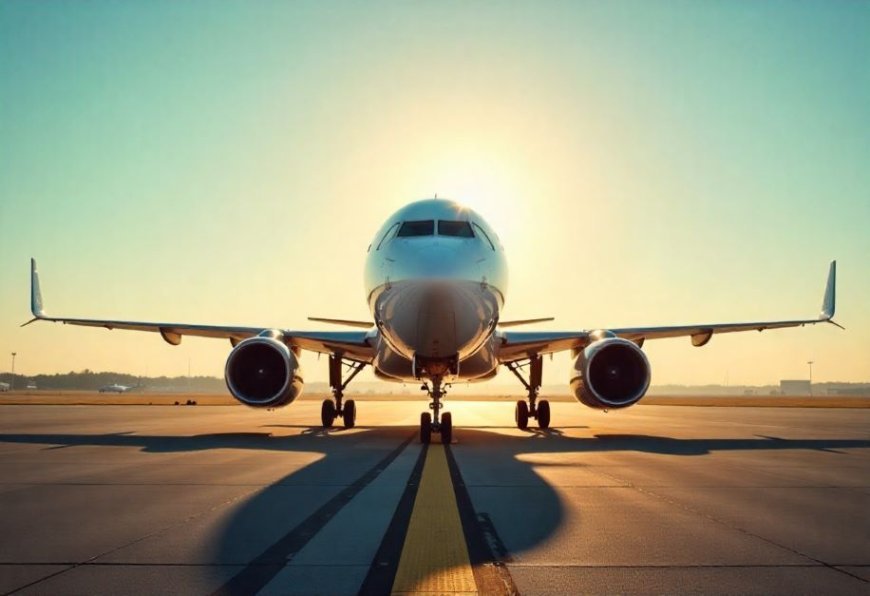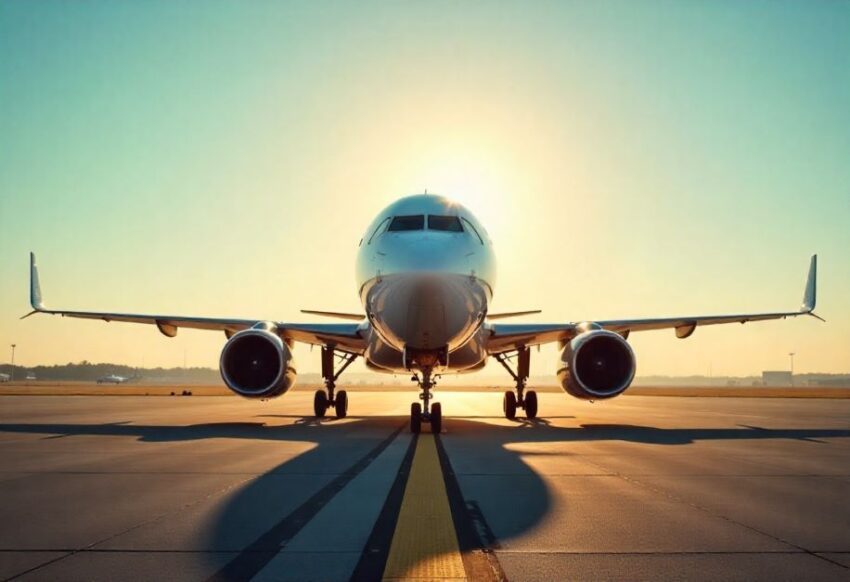Drone Strikes Disrupting Russia’s Sochi Airport Operations, Affecting Krasnodar Krai Flight Schedules: New Updates You Need To Know


On August 9, 2025, Sochi Airport, located in the heart of Russia’s Krasnodar Krai, was heavily impacted by a series of drone strikes, which resulted in significant disruptions to air traffic. This unprecedented event led to numerous flight delays and cancellations, impacting passengers both locally and internationally.
The drone strikes also had a ripple effect on several other Russian airports, resulting in widespread travel chaos throughout the region.
Flight Delays and Cancellations: A Chaotic Day at Sochi Airport
The drone strikes began to cause major disruptions starting on August 8, when Russian authorities confirmed the closure of Sochi’s airspace. According to the Federal Air Transport Agency, also known as Rosaviatsiya, airspace over the region was temporarily shut down due to security concerns. The closure lasted into the morning of August 9, with restricted air traffic continuing for several hours.
By the time airspace restrictions were lifted, 57 flights had been delayed, and one flight was canceled. The delays continued for several hours, as airports scrambled to manage the influx of passengers. The disruptions led to large crowds forming at Sochi Airport, with passengers unsure of when their flights would depart. The flight delays were reportedly caused by the air traffic control systems adjusting to the sudden restrictions imposed to counter the drones in the area.
Widespread Impact on Regional Airports
The effects of the drone strikes were not limited to Sochi Airport. The West Siberian Transport Prosecutor’s Office reported that the disruptions also extended to other major airports in the Krasnodar Krai and surrounding regions, including Krasnoyarsk, Tomsk, Novosibirsk, Novokuznetsk, and Norilsk. Around 1,000 passengers were left waiting for their flights at these airports as airspace restrictions took hold and air traffic resumed slowly.
In total, at least 60 flights across the region were either delayed or canceled on August 9, significantly affecting the movement of passengers. These disruptions were particularly difficult for passengers with international connections, as many travelers found themselves stranded or facing considerable delays due to missed connections. Airports and airlines worked together to manage the situation, but the extent of the disruption meant that many passengers experienced significant inconvenience and frustration.
The Drone Threat: Russian Air Defenses Respond
According to the Russian Ministry of Defense, air defenses in Krasnodar Krai successfully intercepted and destroyed 10 drones on August 9. These drones were reportedly approaching strategic airspace around Sochi and other parts of the region. The Russian military has frequently had to deal with such incidents, as Ukrainian drone operations continue to target Russian infrastructure. While the Ukrainian government typically refrains from commenting on such activities, these drone operations have been a major source of disruption to air travel in the region.
The Russian authorities have responded by enhancing security measures at all major airports. These responses have included increasing air surveillance, deploying anti-drone technologies, and shutting down airspace temporarily to allow for greater safety. Despite these measures, the increasing frequency of drone strikes in the region has raised concerns among Russian aviation authorities about the potential for further disruptions and the growing risk to civilian aviation.
Ongoing Impact and Future Airspace Security
The August 9 strikes at Sochi Airport is not an isolated incident. In fact, over the past several months, Russian airports have faced similar disruptions, primarily caused by drone activity in and around major cities. In July 2025 alone, multiple airports across Russia experienced temporary shutdowns, with most incidents involving drone strikes aimed at military or strategic targets. These recurring disruptions have prompted concerns about the long-term security of Russian airspace and the potential for even more severe consequences if the situation escalates.
The continued threat of drone strikes on Russian infrastructure, including airports, has led to increased cooperation between aviation authorities and security agencies. Rosaviatsiya, along with local authorities in Krasnodar Krai, is actively exploring new methods for countering drone operations that threaten the safety and security of civilian flights. There are discussions about the implementation of more advanced drone detection systems, better communication between security forces, and stronger protocols for quickly shutting down airspace in the event of a threat.
As of now, Russian aviation officials are working to ensure that the disruption to air travel caused by these incidents remains minimal. The priority is to resume operations as quickly as possible and to ensure the safety of all passengers and crew members.
Implications for Passengers and Airlines
For passengers, the impact of drone strikes has been both immediate and long-lasting. In addition to the inconvenience of delayed and canceled flights, many travelers have found themselves facing uncertain travel plans as a result of the disruption. Airlines operating in the region have been forced to reassess their schedules and communicate with passengers to provide the most up-to-date information regarding flight statuses.
For airlines, the disruption has had significant operational costs. The delays have forced many carriers to adjust their flight schedules, accommodate stranded passengers, and coordinate with other airports to facilitate smoother transitions. The situation has led to increased scrutiny of current airspace security measures and has raised questions about how prepared Russian airports are to handle such emergencies in the future.
What’s Next for Sochi Airport and Regional Aviation?
As investigations into the August 9 drone strikes continue, the authorities are expected to review their existing protocols for handling such incidents. Given the growing frequency of drone-related disruptions, it is likely that Rosaviatsiya will introduce stricter measures aimed at enhancing airspace security and minimizing future risks. There may also be further collaborations between government agencies and aviation authorities to develop new technologies and systems for tracking and neutralizing potential drone threats.
As of now, passengers are urged to stay informed by monitoring the official Sochi Airport website and flight-tracking services for updates on flight statuses. With the ongoing uncertainty around drone activity, it is expected that air traffic disruptions may continue to affect flights in the region in the near future.
Vulnerabilities faced by Russian airports
The drone strikes on Sochi Airport on August 9, 2025, have highlighted the vulnerabilities faced by Russian airports in the current security climate. While immediate responses have been implemented to minimize disruption, the longer-term effects of drone activity on air traffic operations remain a concern. Ongoing efforts to improve airspace security will be crucial in ensuring that Russian aviation remains safe and efficient in the face of emerging threats.
The post Drone Strikes Disrupting Russia’s Sochi Airport Operations, Affecting Krasnodar Krai Flight Schedules: New Updates You Need To Know appeared first on Travel And Tour World.






